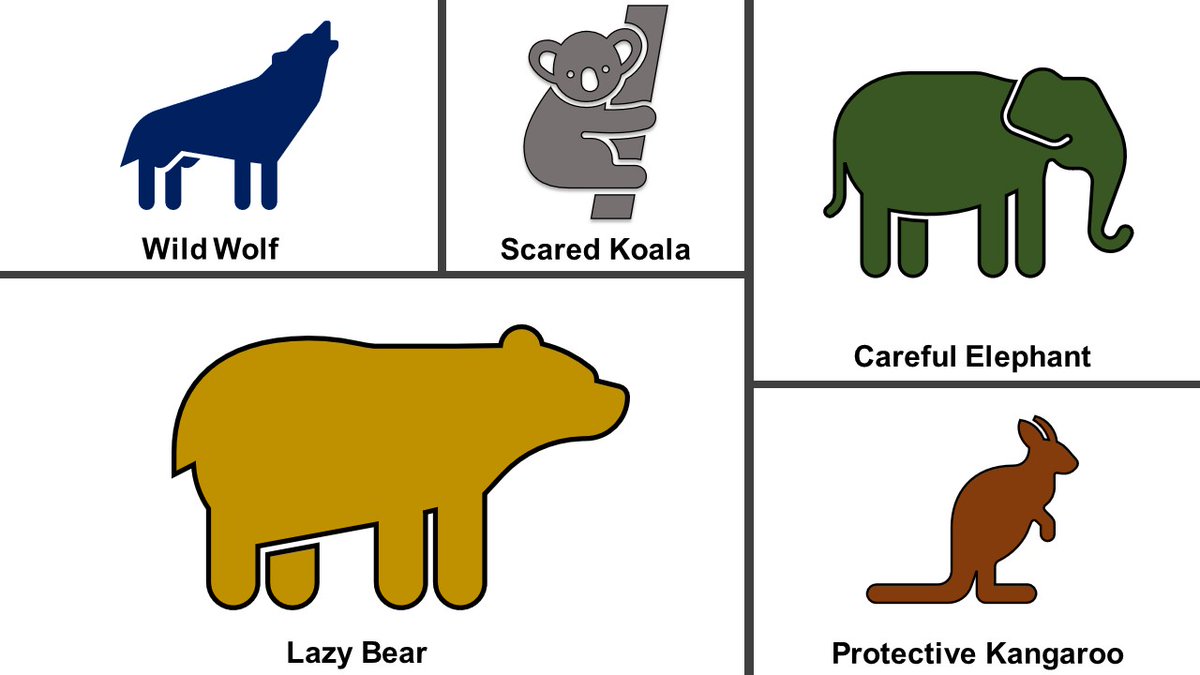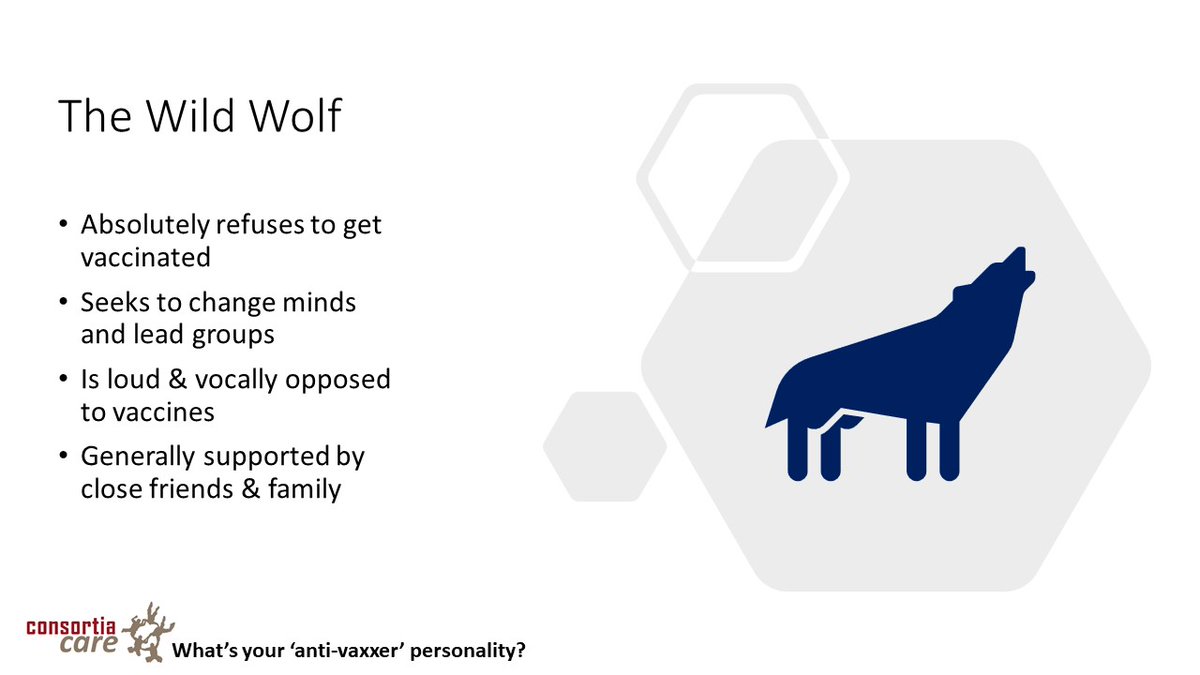
I didn't expect there would be interest in the basic sciences research underpinning an earlier Tweet on fatigue & human consciousness.
But, happy to share some current research directions on this fascinating topic...
But, happy to share some current research directions on this fascinating topic...
https://twitter.com/TheHenleyShift/status/1448059694304555008
In 1998, Baumeister et al. conducted a multi-part experiment to test whether 'active choice' induced fatigue. It was found that 'choice' was a finite resource resulting in fatigue. Furthermore, fatigued people vastly preferred passive tasks.
doi.org/10.1037/0022-3…
doi.org/10.1037/0022-3…
From this, Baumeister et al. (1998) introduced the idea of 'ego depletion', or how fatigue depletes the self.
Their findings have since been widely replicated & potential confounding variables ruled unimportant to the phenomena of fatigue-induced 'ego depletion'.
Their findings have since been widely replicated & potential confounding variables ruled unimportant to the phenomena of fatigue-induced 'ego depletion'.
For example, Bijleveld (2018) explored the 'feeling of effort' during cognitive tasks. The need for active choice was much more predictive of cognitive fatigue, not the difficulty of the cognitive task.
doi.org/10.1016/j.conc…
doi.org/10.1016/j.conc…
In another study by Graham et al. (2017), participants in a self-control exhaustion group invariably reported ↑ levels of fatigue, ↓ self-efficacy and ↓ overall performance on an exercise task.
doi.org/10.1037/spy000…
doi.org/10.1037/spy000…
Around this time, Stephan et al. (2016) theorized that people perceive fatigue only after they form "self" predictions that integrate sensory and social information. Is fatigue nothing more than a Bayesian computation of predicted effort & self-efficacy?
doi.org/10.3389/fnhum.…
doi.org/10.3389/fnhum.…
This theory was built upon new directions in consciousness research. For example, Apps & Tsakiris (2014) reviewed evidence supporting how past information about sensory events determined if they were perceived as part of the self or outside the body.
doi.org/10.1016/j.neub…
doi.org/10.1016/j.neub…
Blanke et al. (2015) also argue that people who process multisensory signals – such as fatigue – simultaneously experience changes in perceived body ownership, self-identification and self-location.
doi.org/10.1016/j.neur…
doi.org/10.1016/j.neur…
So... body self-consciousness (a.k.a. interoception) holds great significance for understanding how fatigue shapes the self.
It also helps explain some interesting findings from qualitative research on chronic illness...
It also helps explain some interesting findings from qualitative research on chronic illness...
In a synthesis study of the sick role, Paterson (2004) described how people put illness in the foreground of their lives when they perceive reduced capacity to live a normal life.
doi.org/10.1111/j.1547…
doi.org/10.1111/j.1547…
Also, before I finish this thread. Thanks for asking about the emerging research on human consciousness & fatigue, Avash!
I hope this thread does justice explaining just a small slice of the research out there.
@unaccostomed1
I hope this thread does justice explaining just a small slice of the research out there.
@unaccostomed1
• • •
Missing some Tweet in this thread? You can try to
force a refresh







